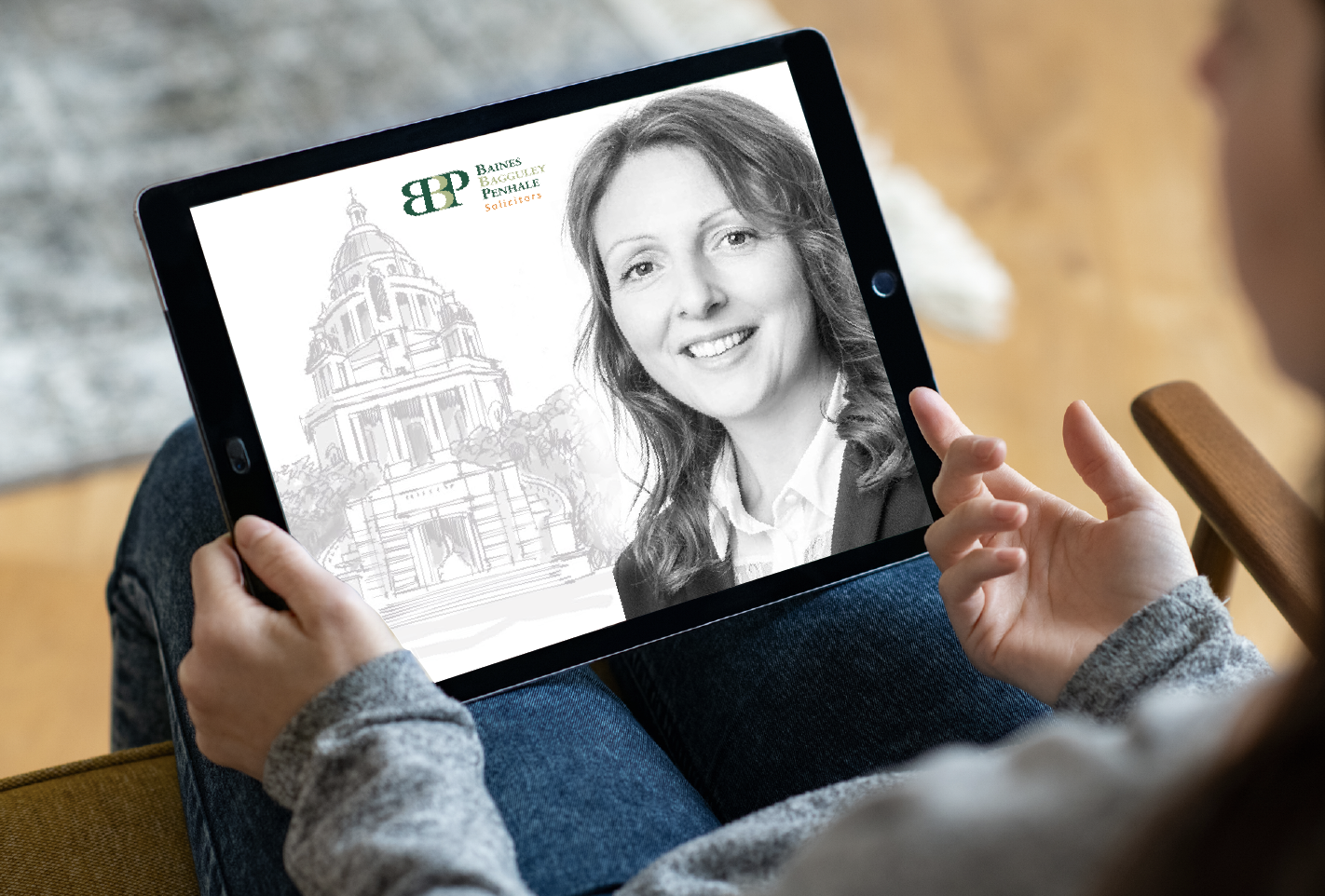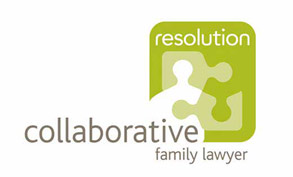Family Law

Do I have to go to Court?
26 JUN 2020
Many separating couples are wary of seeking legal advice because they do not want to have to face the emotional and financial cost of court proceedings.
They know that either they or their ex can apply to the court for a decision about the arrangements for their children and/or resolving financial issues, for example whether the family home should be sold. They also know that court proceedings can feel like a “fight” and that even if they achieve the outcome they seek the process can be very stressful and damaging for future family relationships.
The good news is that there are other ways that a specialist family lawyer can support separating couples to reach an agreement and make it legally binding without anyone having to attend court.
Family Mediation
There is a great deal of information available now about Family Mediation. This involves a mediator helping a couple explore their options and reach agreements at meetings. Because the mediator can’t give legal advice, usually independent legal advice is taken in between meetings and at the end to prepare the documentation to make the agreement legally binding.
Experienced family law solicitors can advise you whilst you are attending mediation and are sometimes invited to attend a mediation meeting with you if you both agree. They can also support couples who want to sit around a table with their lawyers instead of sending letters and emails which can inflame the situation and lead to misunderstandings.
Working Together Collaboratively
Collaborative Family lawyers can help you both to work together to reach agreement at meetings. Not only do you receive legal advice from your own solicitor at meetings, that advice is shared at meetings and your spouse shares the advice they receive.
Each person appoints their own collaboratively trained lawyer and the couple and their lawyers all meet together as many times and as often as you want. The priority is to resolve the issues the way that you want, with each person having the opportunity to consider and voice their long term goals. Goals such as wanting your children to feel comfortable inviting you both to their graduation or wedding can sometimes be lost in the traditional exchange of solicitor’s letters. Collaborative meetings help to identify and keep in mind such goals.
At the outset of the collaborative process the solicitors and the couple sign an agreement, which makes it very different from other round table negotiations. This agreement commits everyone, including the solicitors, to work together with good faith, integrity, a commitment to truth, respect and kindness, patience, a focus on the future and the interests of their children or other family members and a desire to learn the other person’s perspectives and concerns.
The agreement also prevents either of you from instructing your solicitor to apply to the court if the negotiations break down. If you decide to apply to the court you have to change solicitors. This means that everyone taking part has an interest in reaching a successful conclusion.
Not all situations suit the collaborative process but if you both want to achieve a respectful resolution of the issues arising from your separation, to retain control of making decisions and do your best to resolve issues with support, then the collaborative process can enable you to separate and divorce with dignity.
In these socially distanced times mediation meetings and collaborative meetings can take place remotely on Skype, Microsoft Teams or Zoom.
Baines Bagguley Penhale’s specialist family lawyer, Nicola Codd, is a trained collaborative lawyer and dedicated member of Resolution, a group of family law professionals who are committed to easing the pain and financial cost of family breakdown.
Nicola has over 15 years’ experience of advising and representing clients on separation and divorce and the constructive resolution of family disputes.
Contact Nicola on 01524 401010 for a confidential, no obligation discussion.
Share this






